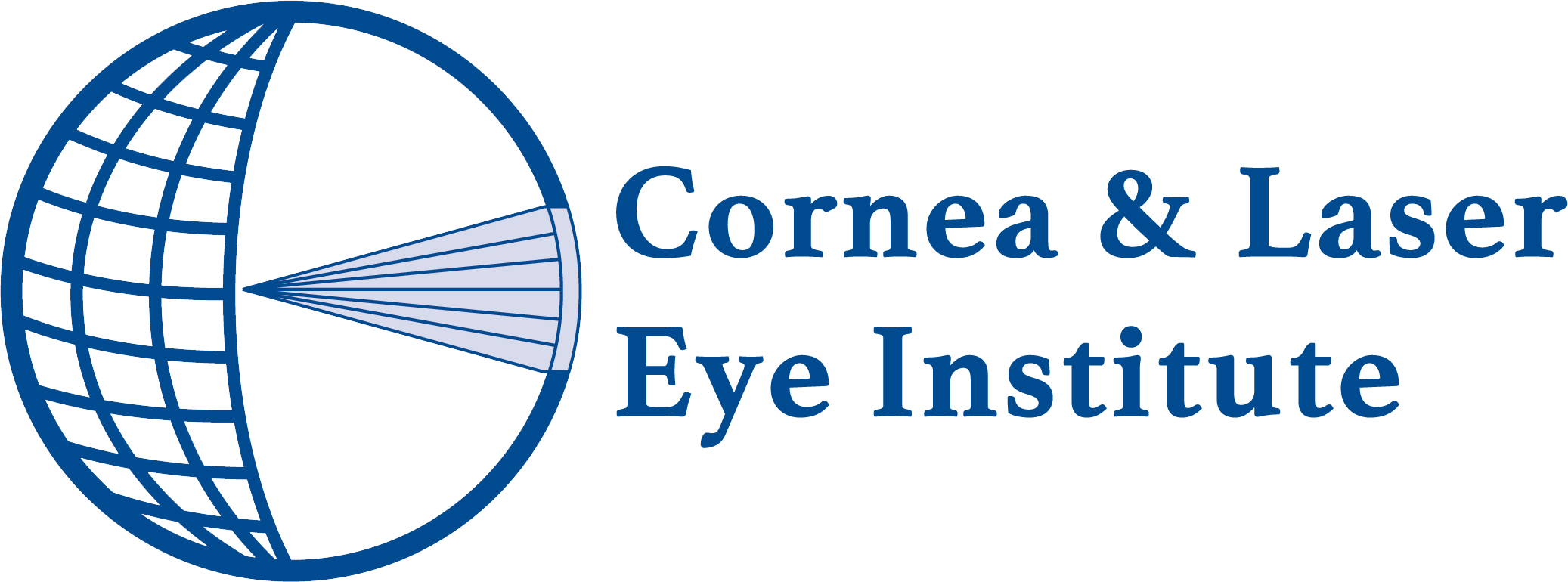
What is Cataract Surgery and Why is it Necessary?
With cataracts affecting over 20 million people in the U.S. over age 40, it’s no surprise that cataract surgery is one of the most common surgical procedures performed in this country. In fact, according to the American Academy of Ophthalmology, about 4 million U.S. patients have cataract surgery each year. But, what exactly are cataracts?
As you age, you may develop cataracts, a condition where the natural lens of the eye becomes clouded, similar to a foggy windshield on a car, and this cloudiness distorts your vision. Left untreated, cataracts can have a significant impact on your daily life, even leading to blindness. The International Agency for the Prevention of Blindness reports that cataracts are the leading cause of preventable blindness worldwide, underscoring its seriousness. Fortunately, the cataract removal procedure is a safe and effective treatment option that can restore clear vision.

During cataract surgery, one of our expert surgeons removes the clouded natural lens and replaces it with a clear, artificial lens, called an intraocular lens (IOL). At CLEI, we perform premium femtosecond laser-assisted cataract surgery (FLACS), which is both comfortable and extremely precise. There are several different kinds of IOLs available – the kind we implant in your eye will depend on your specific vision needs. In any case, the IOL allows light to focus properly onto the retina, improving visual acuity and allowing you to see more clearly. What can you expect post-operatively as far as the recovery timeline?
Understanding the Cataract Surgery Recovery Process
Cataract surgery is a relatively quick and straightforward procedure, but the recovery process can vary from person to person. Understanding the typical cataract surgery recovery timeline can help you set realistic expectations and ensure a smooth healing process.

Cataract Surgery Recovery Timeline
The cataract operation recovery timeline can be divided into three stages:
Immediate post-operative care and precautions (first 24-48 hours):
- Your eye may be patched or shielded to protect it during the initial healing phase.
- You may experience some discomfort, redness, and sensitivity to light, all of which are normal side effects.
- Vision during this time may be variable.
- It’s crucial to follow your surgeon’s instructions for eye drops and medications during this time.
Taking care of your eyes just after cataract surgery (first week):
- You’ll need to continue to use prescribed eye drops to prevent infection and inflammation.
- Avoid strenuous activities, such as bending and heavy lifting to prevent any strain on your eyes.
- Avoid wearing eye makeup.
- Your vision may be blurry or hazy during this time, but it should gradually improve.
Other precautions during the full recovery period (first 4 weeks):
- Refrain from swimming, hot tubs, and activities that could expose your eyes to water or debris.
- Avoid rubbing or pressing on your eyes, as this could disrupt the healing process.
- Wear protective eyewear, such as sunglasses or safety glasses, when necessary.
Cataract Surgery Recovery FAQs
How long after cataract surgery can you bend over?
Generally speaking, you should avoid bending over or heavy lifting for the first 2 weeks after surgery. This is to prevent any additional strain or pressure on the eyes during the critical healing phase. Your eye surgeon will give you more specific instructions, based on your specific case.
How long after cataract surgery can you drive?
You’ll typically be able to resume driving within 1-2 weeks after cataract surgery, once your vision has stabilized and your surgeon has cleared you to do so. Of course, it’s essential to avoid driving until your vision has improved enough to safely operate a vehicle.
Will you need to train your eyes after cataract surgery?
After the initial healing period, you may require some additional time while your eyes adjust to the new IOL and you achieve your optimal visual acuity. This may involve wearing specialized glasses or contact lenses, or performing eye exercises prescribed by your eye care professional.
What are some common concerns and complications during the cataract surgery recovery period?
Mild discomfort, redness, and sensitivity to light are typical side effects that usually resolve within the first week. More serious complications, such as infection, inflammation, or retinal detachment, are rare but can occur. If you suspect you’ve developed a more serious side effect, report it to your surgeon immediately.
Cataract Surgery Recovery Tips and Advice
- Follow your surgeon’s instructions carefully, including the use of eye drops and the timing of follow-up appointments.
- Be patient and allow your eyes to heal properly, as the full visual benefits of cataract surgery may take several weeks to fully manifest.
- Maintain good hygiene and avoid activities that could compromise the healing process.
Conclusion
Cataract surgery is a life-changing procedure that can significantly improve your vision and quality of life. By understanding the cataract surgery recovery timeline and taking the necessary precautions, you can ensure a smooth and successful recovery process. Remember to work closely with your CLEI eye care team and follow their guidance to achieve the best possible outcomes.
If you or a loved one are considering cataract surgery, don’t hesitate to schedule a free cataract consultation with our experienced eye surgeons. They can provide personalized guidance and help you navigate the entire process, from start to finish, with confidence.





